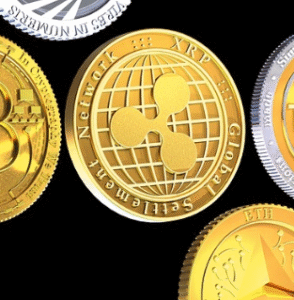#ForeignRelations #Moscow #NewParadigm #Trade #InternationalPolitics #EconomicGrowth #Diplomacy #GlobalTrade
In a marked shift from historical constraints and modern tensions, the foreign minister recently applauded what has been described as a ‘new paradigm’ in the relationship with Moscow, signaling an era of enhanced cooperation and mutual prosperity. The nature of this rejuvenated connection is underscored by a significant uptick in trade activities, evidencing a practical manifestation of improved diplomatic ties. This optimistic outlook not only highlights the evolving dynamics between the two entities but also points towards a strategic recalibration aimed at fostering economic growth and geopolitical stability.
The warming of relations between the countries represents a strategic pivot, rooted in a series of diplomatic engagements and negotiations designed to overcome longstanding disparities and confrontations. At the heart of this ‘new paradigm’ is a mutual acknowledgment of the benefits stemming from economic cooperation and trade. The increase in trade volume is not merely a metric of improved relations but a testament to the tangible outcomes of concerted efforts to bridge divides. This development is set against a broader geopolitical canvas, wherein shifting alliances and economic trends are prompting nations to recalibrate their international stances. In this context, the burgeoning relationship between the foreign minister’s country and Moscow stands out as a beacon of pragmatic diplomacy, offering a template for other nations to navigate the complex web of international relations.
Furthermore, this redefined relationship embodies the potential for reshaping regional and potentially global power balances. By prioritizing economic engagement and eschewing past grievances, both nations are carving out a space for enhanced collaboration that could serve as a cornerstone for regional stability and prosperity. The focus on trade and economic activities does not only catalyze bilateral economic growth but also engenders a conducive environment for addressing broader geopolitical challenges through a lens of shared interests and mutual respect. As these developments unfold, the international community watches keenly, recognizing the potential ripple effects of this new paradigm in fostering a more interconnected and harmonious global landscape. This evolving dynamic underscores the importance of adaptability, dialogue, and economic interdependence in the realm of international diplomacy and relations, marking a significant chapter in the annals of both countries’ foreign policies.






Comments are closed.